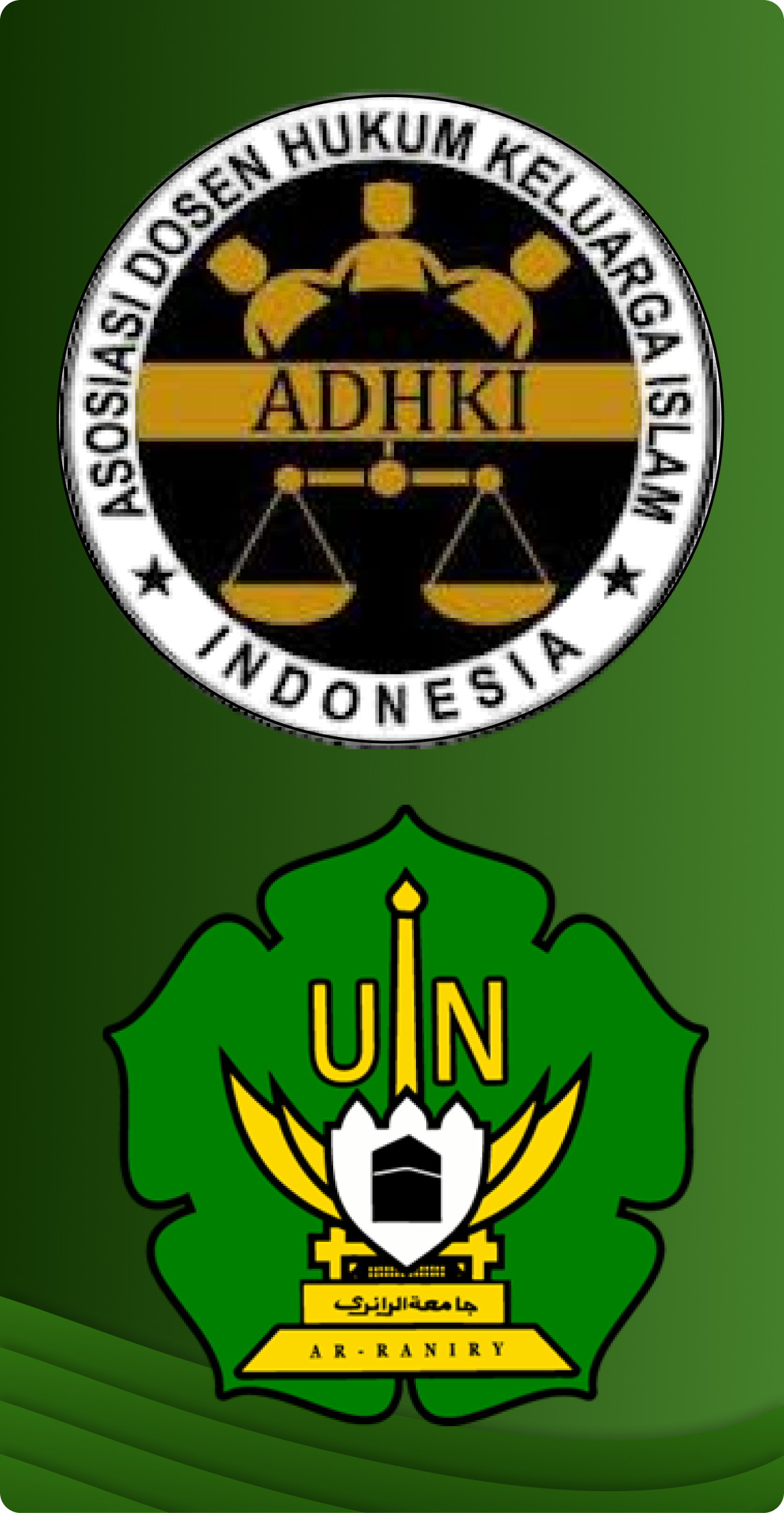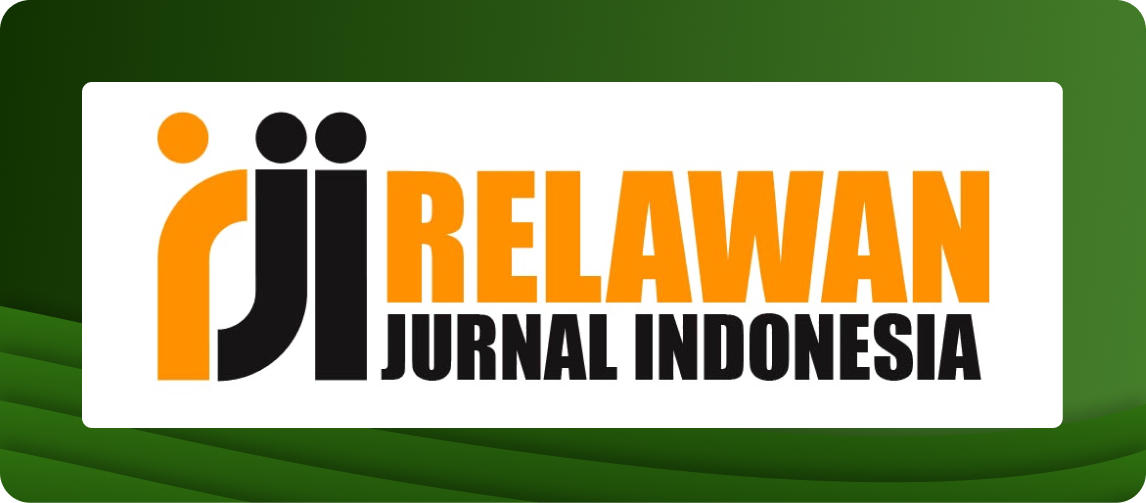Settlement of the Fulfillment of Wife and Child Livelihood by the Islamic Religious Council Southern Patani Region of Thailand
DOI:
https://doi.org/10.22373/ujhk.v6i1.8701Keywords:
Wife and child support, Patani Islamic Council of ThailandAbstract
Livelihood is all the needs and necessities that occur according to circumstances and places, such as food, clothing, shelter, assistance, and all his needs according to tradition because the law of subsistence is an obligation of a husband towards his wife and family. The Islamic Religious Council (MAIP) of Patani Region has a special working position namely Qadhi which handles matters related to family matters, in the Islamic Religious Council of Southern Patani Thailand does not have a Law or Compilation of Islamic Law (KHI) like Indonesia, but the responsible party will handle issues related to the family rights of Muslims by referring to the fiqh of Imam Shafi'i. In the case of non-fulfillment of the support of wives and children according to the religious assembly, for the Islamic religious assembly, there is no written fatwa, only a letter of agreement that can be an important asset in resolving the problem. This research uses qualitative methods, taking the background of informants, data collection is carried out using observation, interviews, and documentation. The results of this study concluded that after the marriage bond held a taklik letter (agreement) between husband and wife because it held a taklik made by the Islamic Religious Council (MAIP) so that the husband did not commit violence against his wife unfairly and followed shari'i, husbands who did not follow the taklik letter (Agreement) then the wife could complain to the Village Imam or the Islamic Religious Council (MAIP). The wife must bring two witnesses or concrete evidence, the Islamic Religious Council (MAIP) will give advice related to Islamic teachings that follow shari'a law so that peace arises between husband and wife then husband and wife may be added a taklik letter that has been determined by the Islamic Religious Council (MAIP) for the problem of not fulfilling income with the agreement between husband and wife, and the husband does not provide for himself, hurts and does not occupy the position for more than four months the wife may be fasahk
References
Amir Syarifuddin, Outline of Jurisprudence, Jakarta: Prenada Media, 2003.
Amiur Nuruddin &; Azhari Akmal Tarigan, Islamic Civil Law in Indonesia, Jakarta: Kencana, 2004.
Enizar, Family Law Hadith I, Metro: STAIN Press Metro, 2014.
Fatihuddin Abul Yasin, Treatise on Marriage Law, Surabaya: Terbit Terang, 2006.
Hamid Sarong, Islamic Marriage Law in Indonesia, Banda Aceh: Pen Publishers, 2010.
H.M.A. Tihami et al, Fikih Munakahat, Jakarta: RajaGrafindo Persada, 2010.
http://sejarah.blogspot.com/2010/06/sejarah-ringkas-majelis-agama-islam.30 September 2020.
Iim Fahimah, Obligations of Parents to Children in Islamic Perspective, Jurnal Hawa, Vol. 1 No. 1 January-June 2019.
M. Ali Hasan, Guidelines for Married Life in Islam, Jakarta: Siraja, 2006.
Mustofa Hasan, Introduction to family law, Bandung: CV Pustaka Setia, 2011.
Muhammad Kamah K. Zaman, Fatani 13 August (Malaysia: Kuala Lumper, 1996).
Nova Andriani, Obligations to Provide for Children After Civil Servant Divorce. Faculty of Shari'ah, Ar-Raniry State Islamic Institute. Thesis Banda Aceh, 2011.
Nurmasyithah, Protection of Wife's Rights in Marriage Registration Based on Maqasid Al-Shari'ah, Faculty of Shari'ah Ar-Raniry State Islamic Institute. Thesis, Banda Aceh, 2014.
Child Labor and Labor Protection Law, Wanida Intharam, Special Expert Speaker of Law Office Legal Development Group, Secretariat of the House of Representatives, Renewal 26 September 2017.
Sakban Lubis, Child Support After Divorce in Shafi'I Jurisprudence and Positive Law, Al-Hadi Scientific Journal, Vol 6, No. 1, July-December 2020
Hasan La-teh, Zakat Management System in Islamic Minority Communities (Case Study in the Jurisdiction of the Islamic Religious Council of Thailand's Southern Pattani Region). Thesis, Faculty of Islamic economics and business, Tulung Agung State Islamic Institute, 2018.
Sulaiman Rasjid, Islamic Fiqh, Bandung; Sinar Baru Algensindo, 2013.
Ministry of Justice Team, Basic Islamic Law Relating to Family and Heritage of Thailand (Patani, Narathiwat, Yala and Setun Provinces), 2011.
Downloads
Published
Issue
Section
License
Authors who publish in El-Usrah: Jurnal Hukum Keluarga agree to the following terms:
Authors retain copyright and grant the journal right of first publication with the work simultaneously licensed Attribution-ShareAlike 4.0 International (CC BY-SA 4.0) that allows others to share the work with an acknowledgment of the work's authorship and initial publication in this journal.
Authors are able to enter into separate, additional contractual arrangements for the non-exclusive distribution of the journal's published version of the work (e.g., post it to an institutional repository or publish it in a book), with an acknowledgment of its initial publication in this journal.
Authors are permitted and encouraged to post their work online (e.g., in institutional repositories or on their website) prior to and during the submission process, as it can lead to productive exchanges, as well as earlier and greater citation of published work. (See The Effect of Open Acces)

















